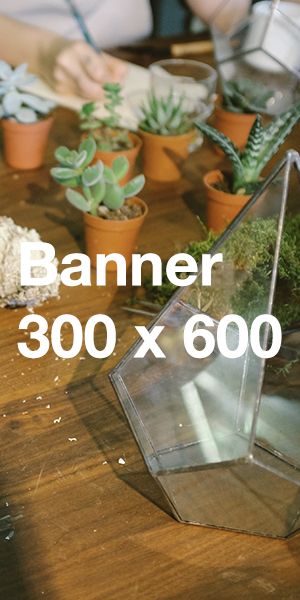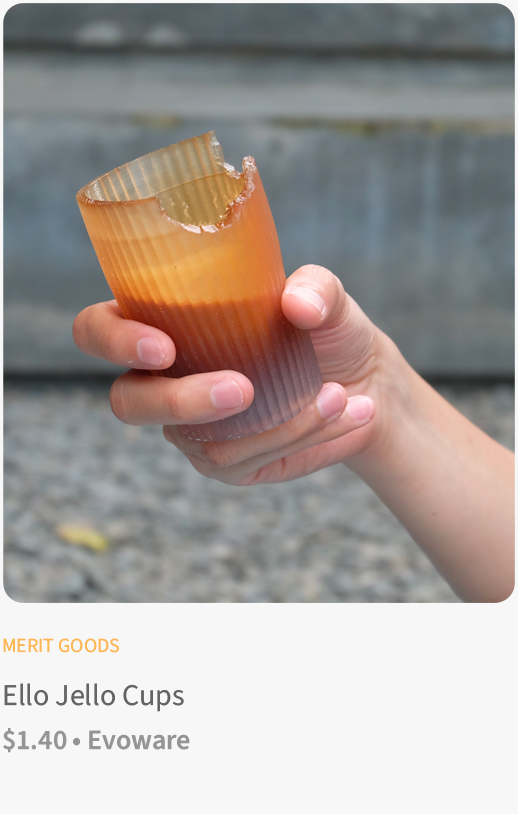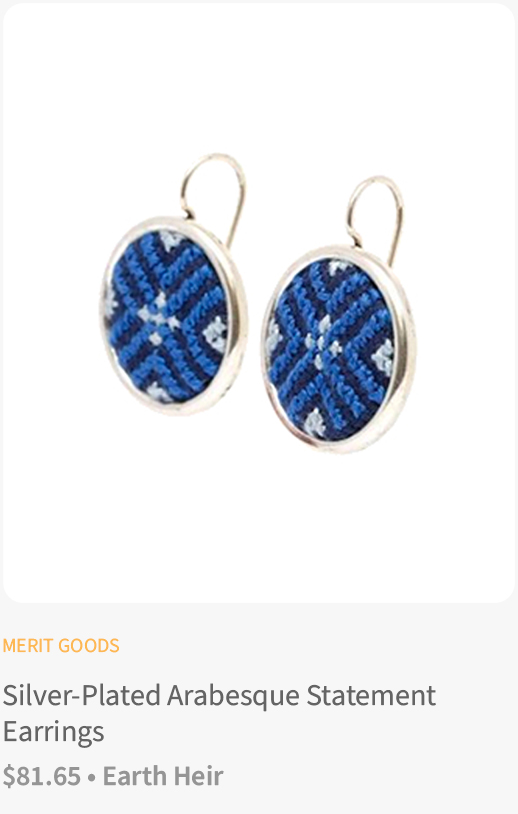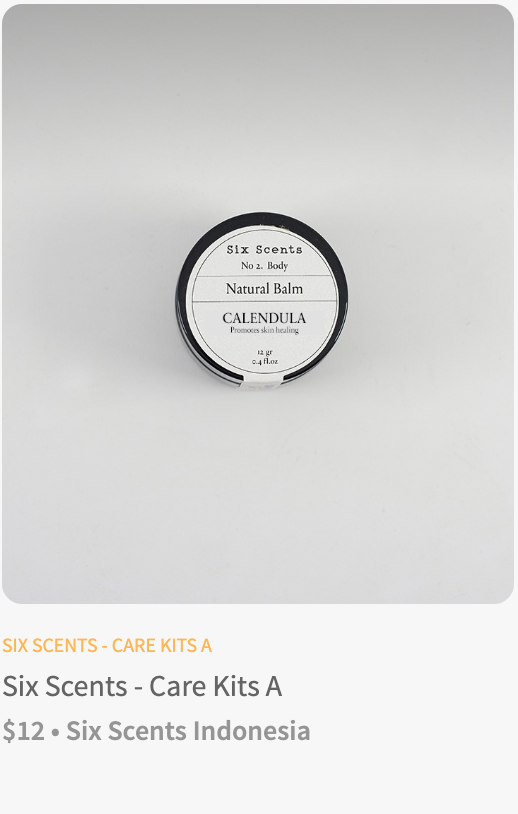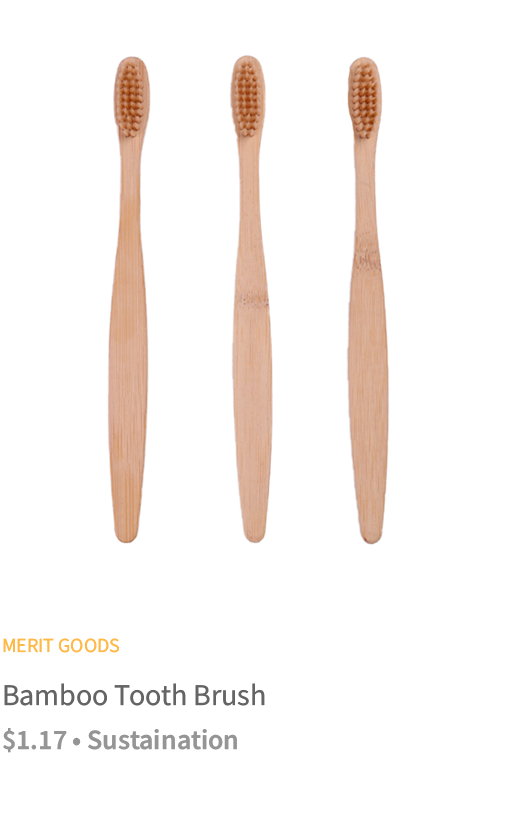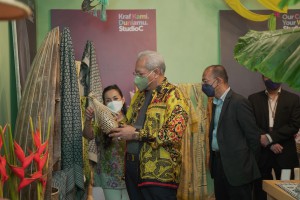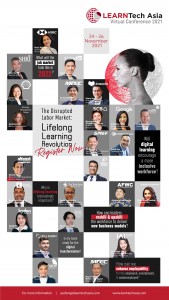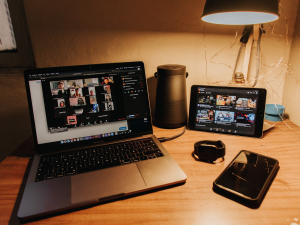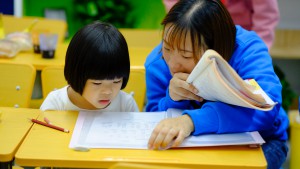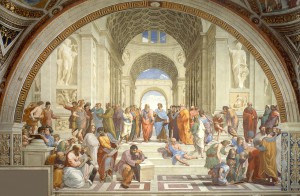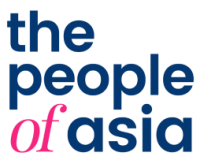The most frequently asked question I get when someone is getting to know me is “Why Egyptology/History?” I have been asked this question so often, I came up with a simple two-word response - occasionally delivered with a hint of sarcasm but always with the intention to create a conversation - “Why not?”
The Malaysian Educational Climate
Malaysians are nurtured in our homes and classrooms to believe that the Arts, Humanities and Social Science (AHSS) is irrelevant as we progressively become a STEM-centric world. Consequently, a degree and career in the AHSS is reserved for those who are not ‘smart enough’ or do not mind living an impoverished life. Moreover, the Malaysian education system is more politics-, protocol-, and grade-centred than student-centred, as such we have raised generations of secondary school graduates who study for the sake of achieving ‘As’ and believe that the AHSS is irrelevant and unnecessary.
Growing up, in Malaysia, as the ‘weirdo’ (and freaking proud to be one!) who loves the AHSS, especially History, so much so that I chose to pursue my degrees and career in Ancient History and Global Studies, I knew that when I became an educator I had to design my classes to be student-centred and curiosity-driven. Prompted by the lack of ‘historical thinking’ and ‘historical imagination’, with an emphasis on cultural diversity and empathy, development in the delivery of History in Malaysian classrooms, I designed simulation-based assessments such as alternative history role-plays to provide students with the opportunity to have a more interactive and hands-on approach to their learning experience. My assessments would force students to realise that History is not about memorising the ‘where’, ‘who’, ‘when’, and ‘what’ of an event, instead the ‘why’ and ‘how’ of a historical event is what makes the AHSS subjects so relevant and practical to our present and future.
2020’s Lesson Plan
Yet, the most unfortunate and best lesson plan has been delivered to us by 2020. The first half of 2020 has perfectly demonstrated to us, Malaysians and the world, why the Arts, Humanities and Social Science is just as important as STEM and Medicine.
COVID-19: Not Just a Public Health Crisis
Firstly, a global pandemic better known as ‘COVID-19’ saw governments across the globe implement nationwide lockdowns including forcing its nation to remain in their homes for an undetermined period of time. As COVID-19 directly impacts our physical health, STEM and Medical experts work tirelessly to create a vaccine, design a safer way of life for us, post-lockdown, and save lives. The repercussions of having to remain indoors for an extended period of time illustrated the importance of the Arts, Humanities and Social Science (AHSS) experts who live-streamed their performances from their own living rooms, made Broadway shows freely available on YouTube, hosted live art and wellness sessions on Instagram, and many other activities to keep one another entertained and connected during a season of physical distancing. Besides that, the uncertainty of COVID-19 led to an alarming increase in unemployment and social tension which incited a disconcerting rise of mental health issues especially depression and anxiety, and domestic abuse cases - all of which drove social, mental health and welfare experts to find innovative ways to provide basic necessities for the underserved families and marginalised communities, provide virtual counselling sessions for those struggling with their mental and emotional health, and protect the abused who were stuck indoors with their abusers. Collectively, COVID-19 is not only a public health crisis but a global crisis because though we rely on the STEM and Medical experts to combat the virus, we have had to also rely on AHSS experts to solve the socioeconomic repercussions of the virus, on our behalf.
8 Minutes 46 Seconds
Secondly, three-quarter way through the first half of 2020, the world witnessed the now-viral ‘8:46’ video that showed us what we already knew - systemic racism in the United States is especially fatal for the Black community. George Floyd is not the first nor the last Black individual in the United States to be murdered because of systemic racism. However, the global reaction to Floyd’s death was unprecedented. The virtual and physical protests across the globe resulted in a ripple effect of nations advocating for a better education about the systemic racism that occurs in their respective nations so that a reconstruction of those systems is possible. My social media was flooded with fellow Malaysians circulating #BlackLivesMatter posts including the scandalous Instagram story shared by a former Miss Universe Malaysia, reactionary posts about why Malaysians are so concerned with racism elsewhere when systemic racism is abundant in Malaysia itself, and informative posts about systemic racism in Malaysia.
The circulation of these #BlackLivesMatter- and systemic racism-related posts on social media is a clear representation of why the Malaysian education system needs to be redefined. We cannot allow for schools to reopen in Malaysia and revert to our pre-2020 teaching and learning styles when the first six months of 2020 have clearly taught us why the Arts, Humanities and Social Science (AHSS) need to be better emphasised in our education system. The Ministry of Education and fellow AHSS experts need to collaborate to reimagine an education system that is student-centred, curiosity-driven, and inclusive of what the AHSS can teach us.
Second Half of 2020 and beyond
As we enter the second half of 2020 with ‘wearing a mask’ and ‘physical distancing’ being a new universal norm, we must take heed of what 2020 has taught us, thus far.
- The Arts including Performing Arts allows us to express our thoughts, emotions and reactions to anything and everything, in a creative and healthy manner;
- Social Sciences such as Psychology and Sociology provides us with theoretical and practical knowledge to better understand ourselves and societies, while destigmatising our differences;
- The Humanities such as History and Archaeology equips us with an “in situ” knowledge - a more holistic understanding of how crisis like COVID-19, systemic racism, and refugee crisis transpire and why such issues have unfolded as they have; and
- Language - the medium which empowers us to communicate with minimal misperceptions and unite us in spite of our cultural, ethnic and/or racial differences.
More than ever, the Arts, Humanities and Social Science is as important as STEM. Not because we are condemned to repeat the past, if we don’t remember it but that we will fail to build a kinder and more harmonious future.
Michelle Low is a Research Assistant with the Global Asia 21 Multidisciplinary Platform of Monash University. Her research comprises the topic of “Vulnerable Communities in Asia”. Prior to her current role, she spent the last five years as an educator and had actively worked towards redefining the way Humanities and Social Science subjects were taught in her classroom.
This is #RedefiningEducation with Michelle Low.





